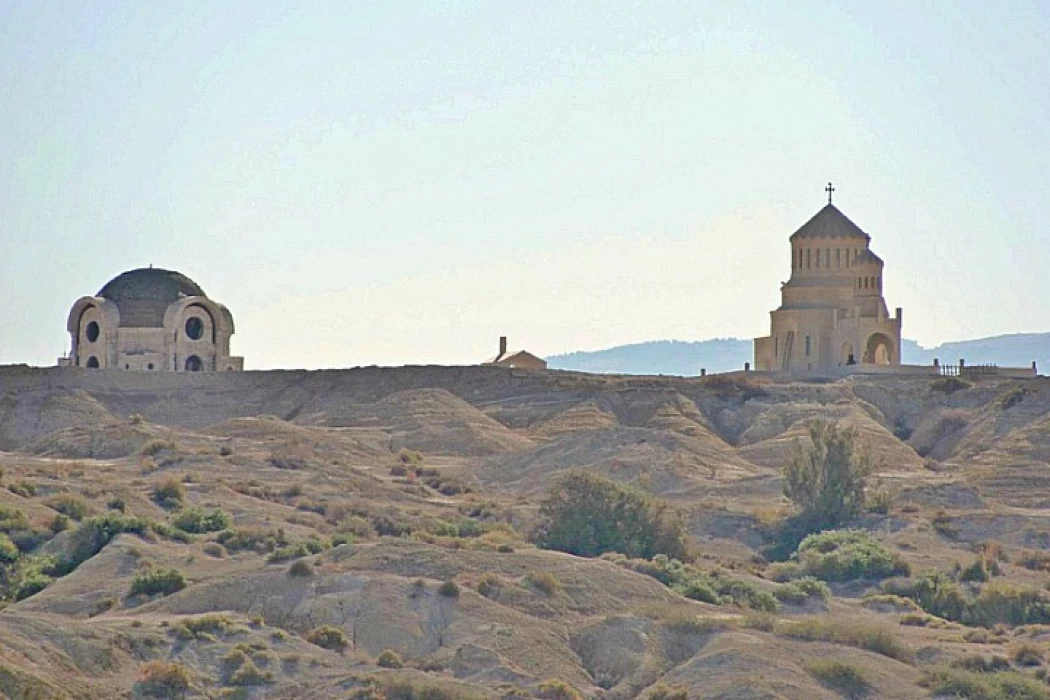
Jordan's Religious and Ethnic Minorities
Facts about Religion in Jordan
Jordan is made up of many sects and ethnicities, but they live in great harmony. Although the Jordanian constitution states that Islam is the state religion, the country's laws largely equalize the rights and duties of Jordanians of different religions and ethnicities. The Levant in general is characterized by a unique social fabric characterized by a great plurality of religions and ethnicities.
Throughout history and to this day, this plurality has remained a factor of cultural, intellectual and artistic enrichment for this country, thanks to the multiplicity of customs, traditions and human and religious values. In Jordan, you can find all Christian and Muslim sects, in addition to the Monotheists (Druze), Baha'is and others. In Jordan, you can find ethnic diversity, both original and resulting from migrations and conflicts elsewhere in the world.
Religious diversity in Jordan is not limited to Muslims, Christians and Druze. There are other sects, such as the Baha'i faith. As we mentioned, a number of members of the Baha'i community live in Jordan, which originated in Iran during the Qajar dynasty by Hussein Ali Nuri, known as Baha'u'llah, who derived his faith from the Babi religion, which was founded by Ali Muhammad Reza al-Shirazi, known as the Bab. Today, the Baha'i faith is practiced by about seven million people worldwide. In Jordan, the Baha'i presence is characterized by peaceful coexistence, full citizenship, and integration into Jordanian society as an important component.
In addition to the Kingdom's main Arab component, a number of other nationalities live in Jordan, the most prominent of which are the Circassians or Adyghe: The Circassians or Adyghe, after the Russian Tsars expelled them from their homeland to the lands of the Ottoman Empire in 1864, many of them settled in the Levant, especially in Jordan, where they developed large areas and integrated into Jordanian society. Their combat skills were a factor in their integration into the state, where they were given positions in the military and security forces.
In addition, the Jordanian Royal Guard is made up of Circassians. Their specialization in agriculture helped them establish a good economic relationship with Jordanian Bedouin tribes, which relied on cattle breeding, creating complementarity in providing food needs. The Circassians in Jordan enjoy many privileges in terms of cultural, economic, and political aspects, as many of them hold high positions and government jobs.














